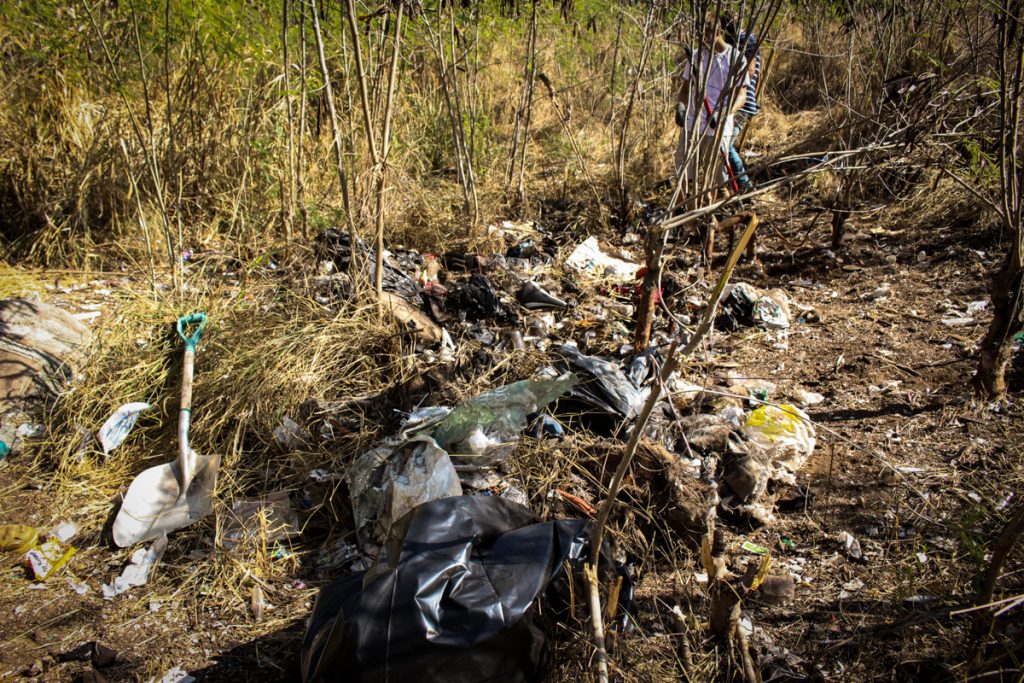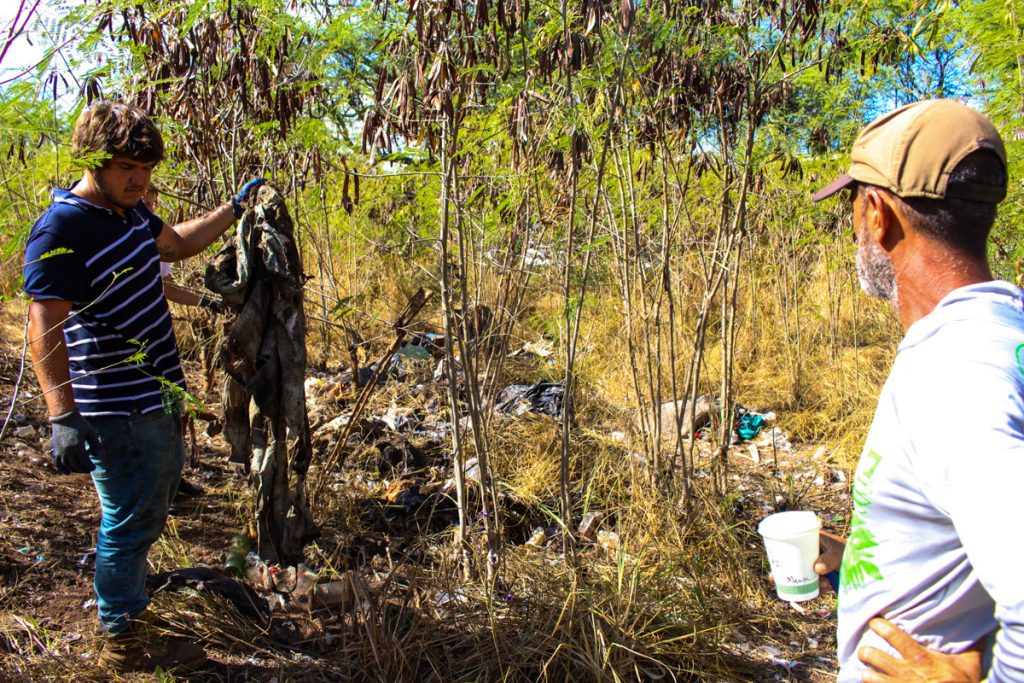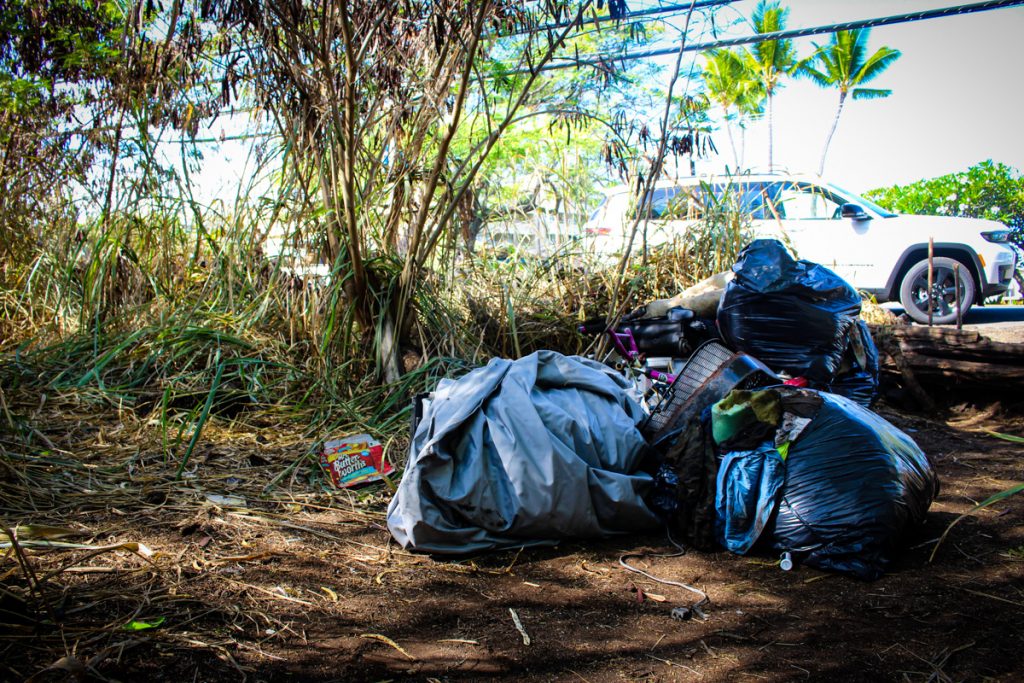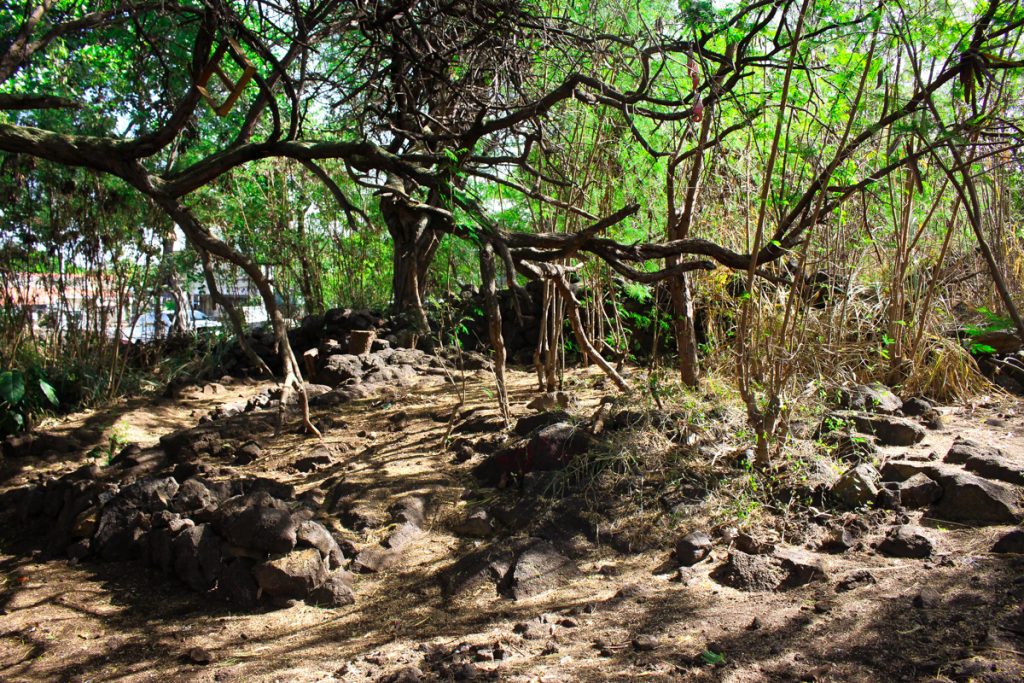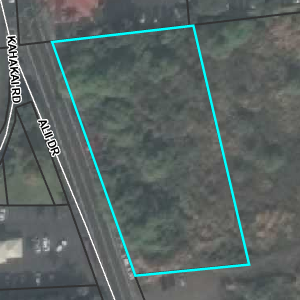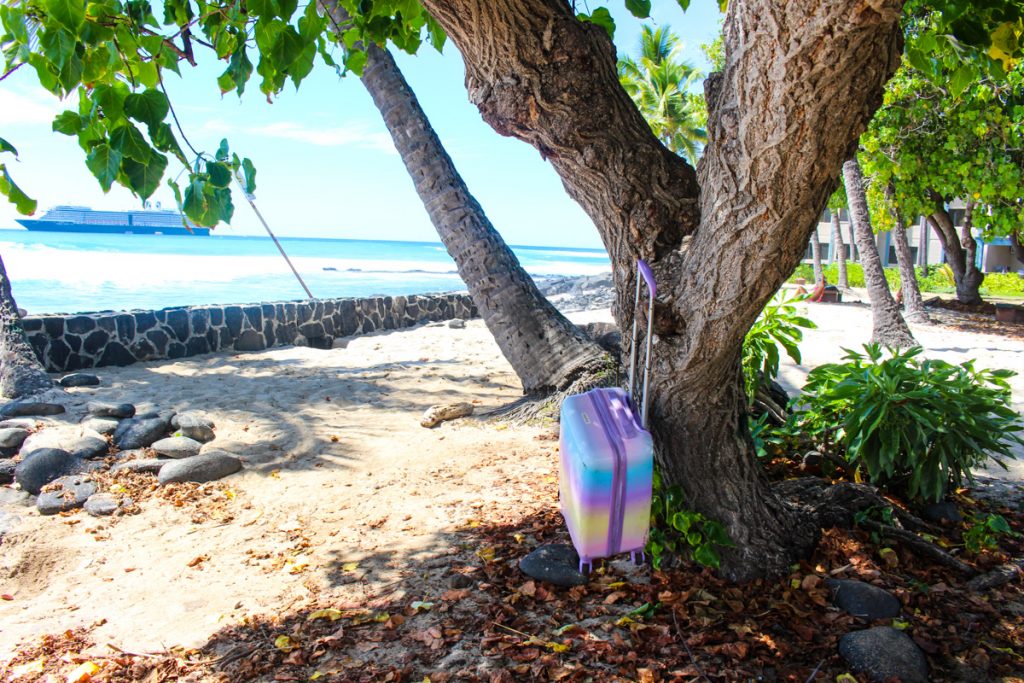Endless problem: Houseless evicted on private property on Ali‘i Drive donʻt move far

In late September, about 30 people at a houseless camp – some of whom have lived there for at least a year – were asked to vacate private land next to Coconut Grove Marketplace along Ali‘i Drive in Kailua-Kona on the Big Island.
Greg Ogin, principal and managing director of SVN Go Commercial, which manages the popular shopping area, worked with law enforcement to remove the people after receiving complaints they were harassing patrons. Ogin ultimately hired security 24/7 to deal with the problem.
Hawai‘i Island Police Officer Wyatt Nahale with community policing said the department had been getting calls about the camp growing in size for several weeks prior to officers notifying them they had to leave.

After being evicted, the campers didnʻt go far. They moved across the street onto state land next to the popular eatery Huggo’s on the Rocks, where once again, law enforcement came and told them they couldn’t stay.
This incident, like others in the past, is another case of moving houseless off one piece of property only to ask them to leave another. The issue is compounded by the lack of affordable housing and limited shelter capacity. Houseless individuals were asked to leave three different Hawai‘i County parks within months of each other earlier this year, with officials citing park rules enforcement.
“Over a period of time of us moving them off the public spaces they migrated to these private places,” Nahale said. “We had to work with the property owner and management (of Coconut Grove) to get them out.”
Multiple attempts were made for comment by Huggo’s on The Rocks, KPC Villages and the State Department of Land and Natural Resources, which oversees the area on the shore where some of the unsheltered have moved. None responded.
Police and Hope Services Hawai‘i — a local nonprofit that offers counseling, housing and shelter options — visited individuals who had moved across the street to offer services.
Nahale said some refused help, and one person went back home to family in Ho‘okena. While there is shelter space in Hilo, he said often the individuals don’t take it because they want to stay in Kona.
“As long as we’re able to offer them something, that is our main concern,” Nahale said. “Whether they take it or not is on them.”
One of those campers who refused help was Ryan Labonte, who said he’s been living outside for 20 years. Every now and then, he and other campers are told they have to move.
“It all depends. Right now, they got Ironman coming so they do a sweep of the homeless,” he said prior to the world championship race on Oct. 14. “They kick us out so we don’t mess with their million-dollar deal.”
Raymond Ahuna, also a former resident of the camp, has struggled with living on the streets for several months after he said he lost his home in Ocean View during a fire. He’s also been dealing with the death of his son.

When Hope Services recently offered him help, Ahuna said he and his wife refused the services because they would have been split up and put in different shelters.
“It was hard because, especially with her, she’s going through a lot,” he said of his wife. “I’m just trying to be with her and make sure everything is OK with her. I don’t want her to be alone.”
In the meantime, he’s coping with his situation by helping others.
“I’m constantly cleaning and trying to help the other ones, whether it’s with substance abuse or whatever they’re on,” Ahuna said, “That’s what helps me get over my situation because there are always others hurting more than me.”
Nahale said the campers have been cleared off the private land as well as the state land for a few weeks now. As of Monday, they were still gone.
Mark Crivello, founder of 3C Goat Grazing, was hired by the property owner KPC Villages to clean up and fence in the land next to Coconut Grove Marketplace. He also had to tell the remaining individuals who had not yet left that they had to relocate.
Crivello said his company cleaned up 5,000 pounds of trash off the acre of land thus far, and many of the individuals moved to other areas in Kona and mauka (mountainside) of the property.
Ogin said he was pleased to hear of Crivello’s work, but believes the problem will continue.
“It’s a relief for now,” he said. “The problem is, we know they are just going to go someplace else, and we’re just kicking the problem down the road.”
Kalani Spain, family psychologist and clinical director for Hope Services Hawai‘i, said issues like these are likely to continue until Hawai‘i County and legislatures start focusing on the bigger picture – affordable housing.
Currently, the county has plans to increase their capacity in the future, but it’s still not enough, he said.
“Or else we wouldn’t still have people living outside. We would still have some people outside, but far fewer for sure,” he said.
According to the 2019 Hawai’i Housing Planning Study, the county needs to add 10,796 affordable housing units by 2025 to meet the community’s housing needs. The Hawai‘i County Office of Housing and Community Development said it currently has 6,600 units in the affordable housing pipeline.
The county will have 333 new affordable housing units ready by the end of the year, and construction for 945 more units will begin this winter and in 2024. The Waikōloa Family Affordable project also unveiled 110 new rental units this summer.
The department said the rest of the projects are in “various stages of the development process.”
Spain said finding the unsheltered housing is difficult because they have limited shelter capacity and trying to find permanent housing has been a challenge, as those who have experienced houselessness often are discriminated against by landlords.
“People are seeing folks that are houseless and have this negative perception about them and treat them inhumanely,” he said.
“[And] the longer you stay out there, the less likely you are to get help. The quicker we can get people housed, the better off people are because they’re not out there for a long time.”
Hope Services Hawai‘i has had to take a different approach to finding those in-need homes. Now the nonprofit is buying land with federal grant money and building their own properties to help serve the unsheltered.
“We had to get into the development game because there’s just not enough housing units for folks,” he said.
Ahuna said he hopes to someday get into housing and back on his feet.
“Otherwise we’ll just keep going in circles,” he said.
For a list of Hawai‘i County Affordable Housing units visit this website.
Sponsored Content
Comments




